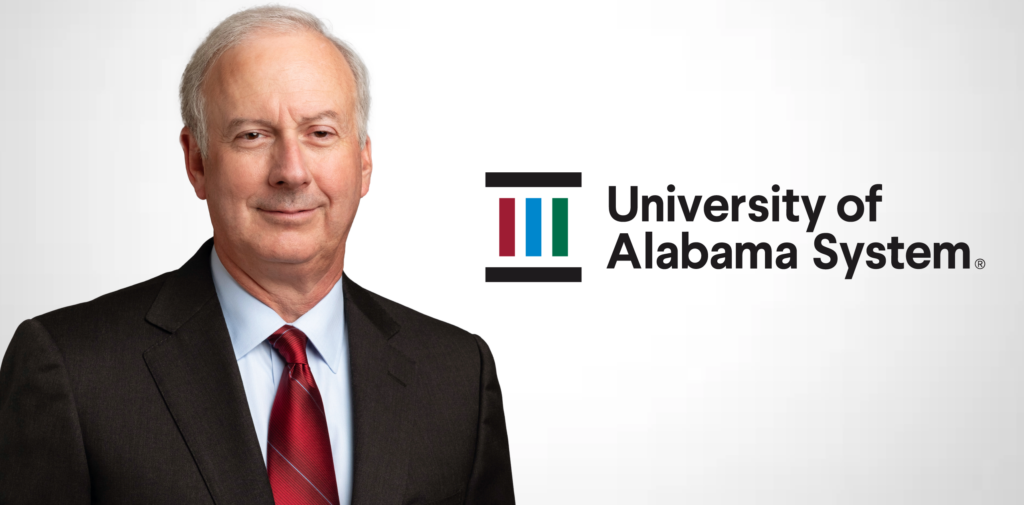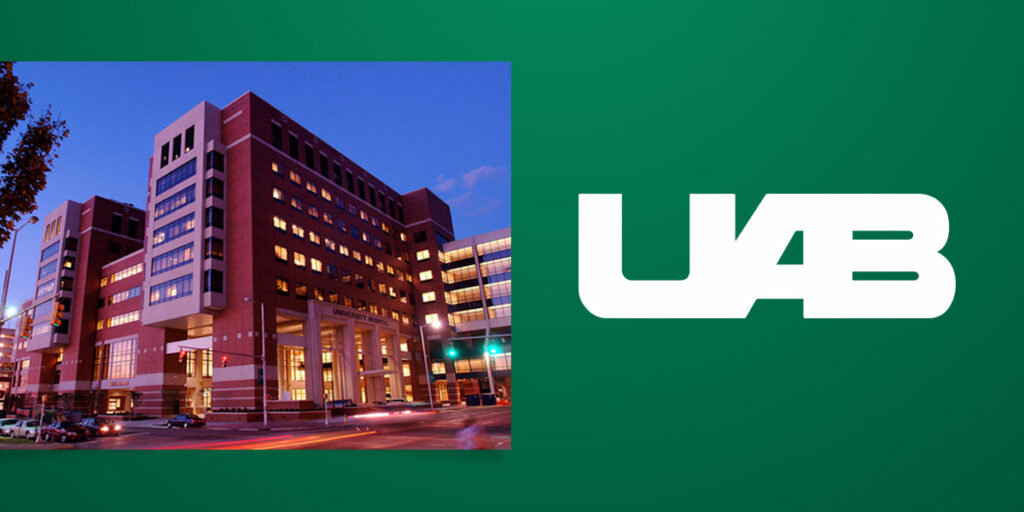Urgent high-impact COVID-19 research at the University of Alabama at Birmingham is catching its second breath, thanks to the generosity of Alabama business leader donors and the discovery and clinical skills of UAB researchers.
Ten new pilot projects — funded by $402,000 in donations — began Aug. 1. The projects will last six months and were selected for their high probability of having an impact on the COVID-19 crisis within weeks or months. Competition for funding was open to the entire university, and 76 applications were received, showing the intense interest of faculty across the campus.
This round of research grants follows 14 projects advertised to faculty of the UAB School of Medicine that were funded beginning May 1, after the Birmingham and Montgomery business community raised $1.1 million in just 20 days in March and April. Part of that money is helping fund this second round.
The pilot projects will yield payoffs down the road from the knowledge UAB researchers gain. Preliminary data from the pilots will form the basis for new grants and contracts, including pursuit of the $2 billion COVID-19 grant support being offered by the National Institutes of Health.
“The number of high-quality proposals we received made the decision on which ones we could fund very difficult,” said Kent Keyser, Ph.D., associate vice president in the Office of Research, who managed the second round and led the review process. “These projects, together with the 14 projects funded in May by the UAB School of Medicine, show once again that UAB is at the forefront in fighting COVID-19. We are grateful for the philanthropic support that made the program possible.”
The 10 projects have 27 principal investigators or co-investigators, and they come from a broad swath of the UAB School of Medicine, as well as an investigator from the UAB School of Public Health, Department of Epidemiology.
The School of Medicine departments represented by these investigators include:
- The Department of Medicine and its divisions of Pulmonary, Allergy and Critical Care Medicine; Gerontology and Geriatric Medicine; Infectious Diseases; Gastroenterology; Preventive Medicine; and General Internal Medicine.
- The Department of Pediatrics and its divisions of Pediatric Rheumatology, and Pediatric Pulmonary and Sleep Medicine.
- The departments of Anesthesiology and Perioperative Medicine; Radiology; Cell, Developmental and Integrative Biology; Microbiology; and Pathology.
The interactions of investigators from all these backgrounds fulfill part of UAB’s strategic plan, Forging the Future, with the objective of enhancing UAB’s institutional culture of collaboration and innovation.
The titles of the funded grants also show the diverse research at UAB:
- Clonal diversity of human antibodies to SARS-CoV-2 S-protein.
- Glucocorticoid treatment of COVID-19 cytokine storm syndrome.
- Therapeutics targeting COVID-19 entry into pulmonary epithelial cells.
- Immunotyping COVID-related acute respiratory distress syndrome.
- Circulating microbiota and microbial endotoxin drive uncontrolled immune activation of blood monocytes in COVID-19.
- Development of a tri-specific neutralizing antibody for the treatment of SARS-CoV-2 infection.
- Individual- and area-level risk factors for COVID-19 disparities in the Deep South.
- Exploratory study of the effect of tranexamic acid treatment on the progression of COVID-19 in outpatients.
- Molecular mechanisms underlying the pathogenesis of acute respiratory distress syndrome in critically ill SARS-CoV-2-infected patients.
- Neutrophils as a driving mechanism of acute respiratory distress syndrome and death in COVID-19 patients.
“We are deeply grateful to our local and national philanthropic partners for quickly responding with critical support needed to accelerate UAB’s COVID-19 research efforts,” said Jessica Towns, UAB School of Medicine’s executive director of Development. “Through our recent Day of Caring and ongoing fundraising initiatives, we have seen tremendous generosity from the community. This support provides significant resources and encouragement to our scientists, faculty, staff and students during this challenging time.”
Although the first round of pilots was advertised to the School of Medicine, the projects included funding for Sue Feldman, R.N., Ph.D., in the UAB School of Health Professions, to ensure scalability of the UAB helpbeatcovid19.org website to broader communities, including translating the site into Spanish. Helpbeatcovid19.org is a geographical symptom tracker, driven by crowdsourced, consumer-generated data to monitor and visualize COVID-19 symptoms across the United States with a focus on hard-to-reach communities in Alabama. Helpbeatcovid19.org also provides valuable research data for use by researchers across the entire UAB campus. Helpbeatcovid19.org is the precursor to Healthcheck, which is part of the GuideSafeTM platform of tools being used for returning to campus operations.
(Courtesy of UAB)













